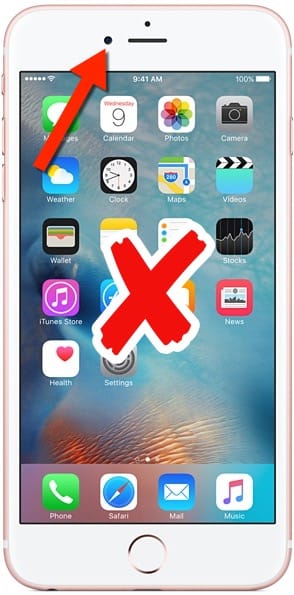A good friend of mine, Eric Knapp, is a teacher at Madison College in Madison, WI. He's an awesome teacher and has a ton of smart students come through his classes. One of his students, Kathryn Sweet, guest-posted on the Anita Borg Institute's Medium account about
